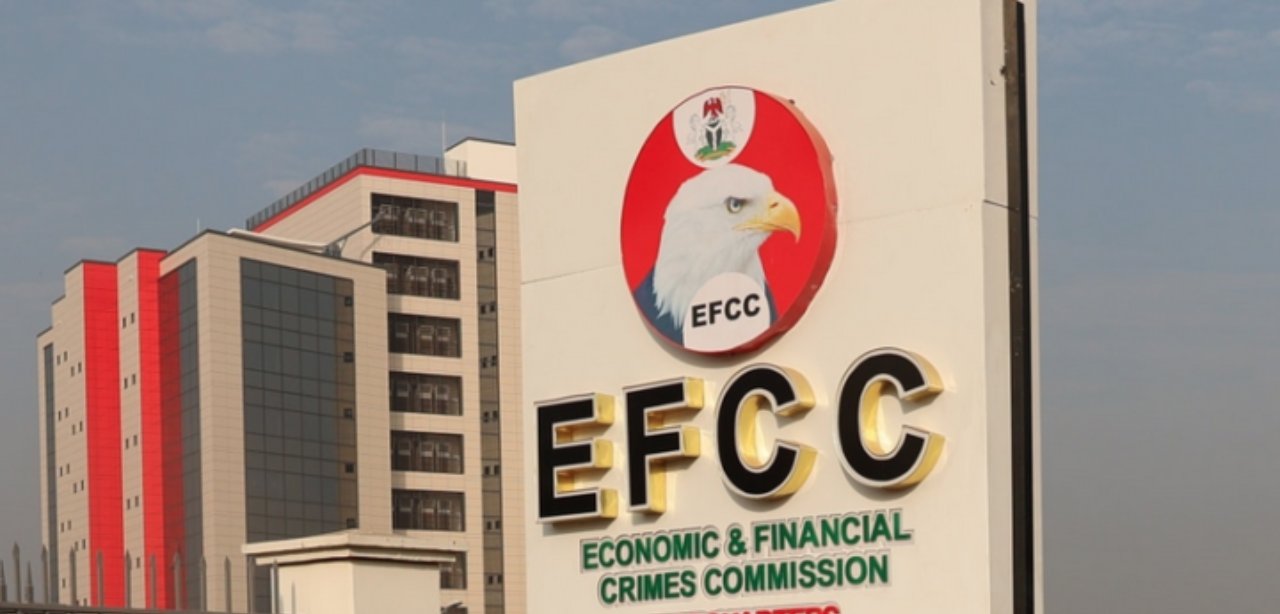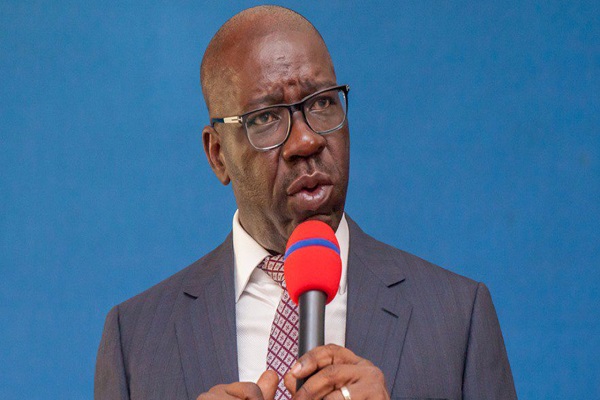Nigerians were hit with another wave of fuel price hikes on Monday as petrol pump prices surged to N945 per litre in Abuja and N915 per litre in Lagos, following fresh upward adjustments by the Nigerian National Petroleum Company Limited (NNPC) and independent marketers.
At several NNPC-owned filling stations in the Federal Capital Territory, the new price of N945 per litre was boldly displayed, while Lagos retail outlets under the same brand sold petrol at N915, up from N910 and N870 respectively. Independent marketers were not left out, with prices hitting N955 per litre in Abuja and ranging between N915 and N950 across various parts of Lagos, Ogun, and other South-West states.
In some areas, filling stations operated by Dangote Refinery’s strategic partners—such as MRS, Heyden, and AP—sold petrol at N925 in Lagos and N935 in Ogun. The spike reflects a reaction to the Dangote Refinery’s recent ex-depot price increase from N825 to N880 per litre, triggering a cascade of price changes across the downstream market.
Despite purchasing existing stock before the latest price hike, retailers say they’ve been forced to raise prices due to market volatility and fears of further cost escalations.
Depot Prices Surge Amid Rising Global Oil Tensions
Depot sources confirmed that major petroleum hubs in Lagos—like Wosbab, Pinnacle, and NIPCO—are now selling PMS between N920 and N940 per litre, citing mounting upstream costs and fears over international crude price volatility.
According to data from PetroleumPrice.ng, some depots like First Fortune, WOSBAB, and Rainoil held steady at N920/litre, while others, including NIPCO, recorded the sharpest increase of N25 per litre, marking a 2.72% hike—the highest in recent times.
The CEO of PetroleumPrice.ng, Olatide Jeremiah, decried the speculative behavior of importers and depot owners. “The surge in depot fuel prices is abnormal and unsustainable. Crude oil prices have only gone up by 3%, but depot owners are hiking their rates by over 10%. This will inevitably translate into higher pump prices.”
Rising Global Conflict Adds Fuel to the Fire
The surge comes as international crude oil markets remain jittery following the escalation of hostilities between the United States and Iran. Over the weekend, the U.S. joined Israel in bombing Iran’s key nuclear facilities, prompting Iranian retaliation with missile strikes on U.S. bases in Qatar and Iraq.
Qatar confirmed the missile strike on the Al Udeid U.S. military base, condemning it as a “flagrant violation.” In response, several Gulf states, including Qatar, Bahrain, and Kuwait, temporarily shut their airspace before reopening.
Despite the turmoil, global oil prices posted mixed signals on Monday. Brent crude briefly rose before settling at $71.66 per barrel, while WTI crude dropped to $68.32, a surprise to many analysts expecting a spike.
Inflation and Hardship Loom for Nigerians
With fuel prices climbing towards N950/litre and beyond, transporters, small business owners, and average citizens face increased hardship. The deregulated market structure has removed price caps, leaving consumers vulnerable to global oil shocks and domestic supply chain distortions.
Economists warn that unless the federal government intervenes to stabilize supply and enforce transparency at the depots, Nigerians will continue to pay more for fuel, even in the face of minimal changes in global crude benchmarks.
As the geopolitical storm clouds gather and Nigeria’s downstream market reels, the pump price of petrol may rise even further—pushing inflation, squeezing household budgets, and deepening economic pressure on millions of already struggling citizens.




